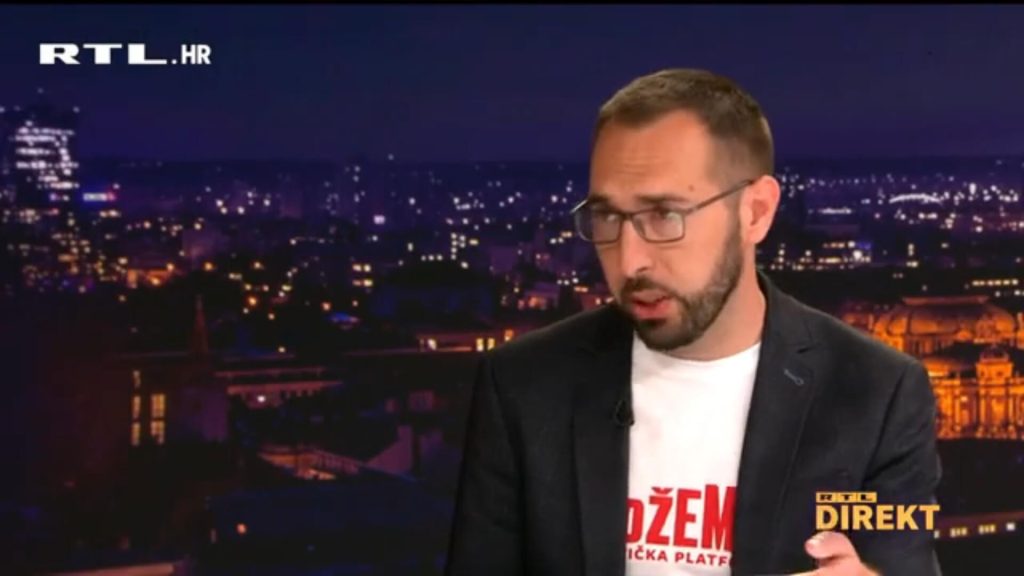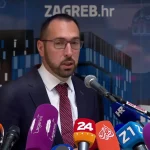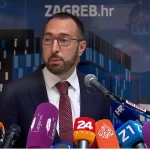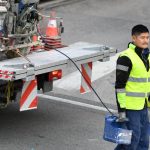“That’s how I will act until the end of my term,” he said on RTL television.
Tomašević said he was confident the two complaints filed against him with the Conflict of Interest Commission during his first month in office would be dismissed.
Regarding the appointment of Tomislav Lauc to the Srebrnjak Hospital Steering Council, Tomašević said he had been “one of 1,500 contributors” to his campaign and that if the appointment of any of them “to one of the 340 institutions and steering councils in the City of Zagreb is a conflict of interest, then we have a big problem.”
He said that if they were experts, the fact that they had been contributors should not disqualify them from being appointed.
Tomašević said the Srebrnjak Hospital Steering Council was not the management, that the hospital director was selected in a public call, and that the director was an employee, whereas the people on the Steering Council were not.
He said the decision on the hospital’s new director was up to the Steering Council, not him.
Asked if, after one month in office, he felt that he had taken over the running of the city or was still in “hostile surroundings,” Tomašević said a large number of people in the city administration was willing to cooperate and that, “naturally, it will take time to win their trust or not win it.”
He reiterated that of the 27 city office heads appointed by his predecessor, ten had resigned and that the offices would be reduced to 16. The heads of the new offices will be selected in public calls, he said.
“We’ll appoint the best people. Whether they are members of a party, mine, someone else’s or no one’s, is unimportant. There will be no faking, they will be real public calls.”
Tomašević said the city office for war veterans was not abolished and that it would be part of a new office for protection, health, veterans and persons with disabilities.
He said he was sorry that Damir Vanđelić was resigning as head of the post-earthquake Reconstruction Fund because “we have just established a good dynamic, the (Construction) Ministry, the Fund and the City of Zagreb.”
He said a location had been found for construction waste disposal, and reiterated that he hoped “reconstruction will finally begin.”
Asked if the city would be able to cover 20% of the reconstruction costs and whether a recently taken HRK 400 million loan would suffice until the end of the year, the mayor said there was no doubt about that and that the loan was “just for liquidity.”
He added, however, that “a more serious refinancing of the debt of Zagreb and (utility conglomerate) Holding will ne necessary. We are talking about it with banks and the state.”
For more about politics in Croatia, follow TCN’s dedicated page.












